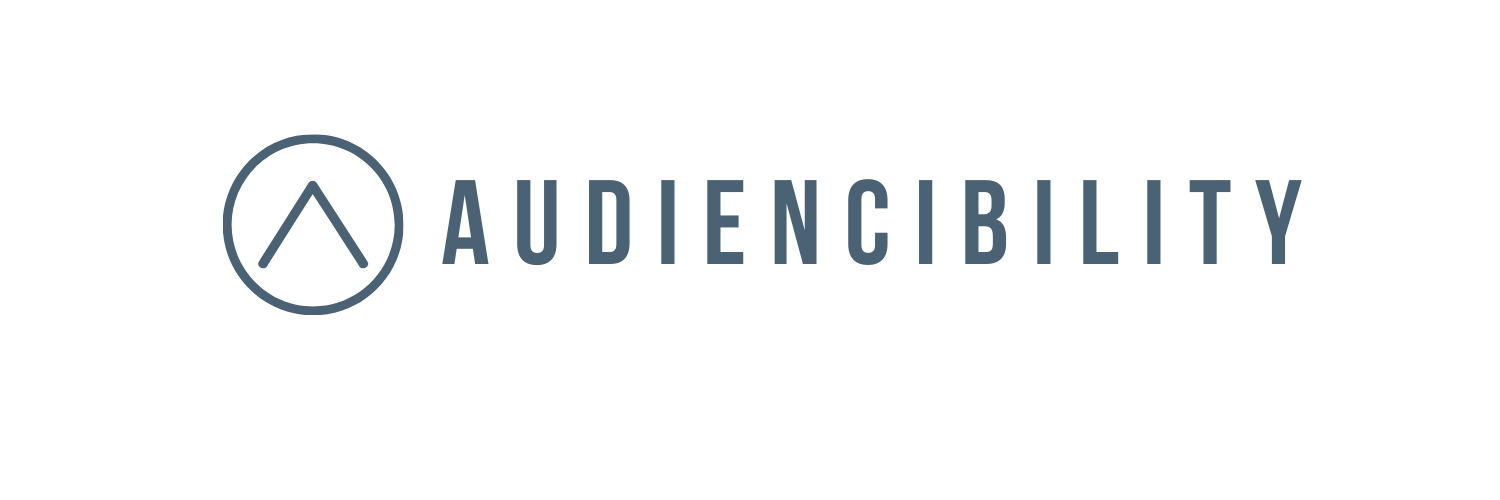What I learned about me, my elephant brain animal, and I
Jim Kwik’s C.O.D.E. analysis of my brain animal type.
I learned about Jim Kwik’s brain animal type quiz after hearing him on the podcast, “Feel Better, Live More with Dr. Rangan Chatterjee.”
The July 2023 episode was wide-ranging, covering Kwik’s career, what he learned as a traumatic brain injury survivor, and how he became a brain coach. Kwik is a bestselling author and renowned speaker and has, among other things, coached celebrities on how to read faster (he gives tips in the pod!).
As part of his work, Kwik created this Brain C.O.D.E. Quiz, which is free to take.
The idea is that there are four brain animal types: Cheetah (instinctive doer); Owl (logical thinker); Dolphin (creative visionary); and Elephant (collaborative connectors).
After a few minutes of answering multiple choice questions, I discovered — unsurprisingly — that I’m an Empathetic Elephant!
According to Kwik, Empathetic Elephants are “characterized by your exceptional emotional intelligence, deep understanding of others, and ability to forge strong connections. You have a natural ability to empathize and provide support to those around you.”
Kwik also highlights some potential pitfalls: “You might find yourself prioritizing the needs of others over your own well-being.”
I love a good strengths and tendencies quiz. I feel like I learn a little bit more about myself each time I take one.
I also appreciate how Kwik’s accompanying report includes tips for strengthen certain skills based on your type.
For example, elephants like me benefit from group learning, practicing active recall to strengthen memorization, and collaborating with others to problem solve.
Of course, this isn’t to say I don’t use logic or am not creative. This is to say that I have a dominant style, and — much like how extroverts draw energy from being around others and introverts draw energy from being in quiet — I should create environments in which I thrive.
So here are my takeaways.
How do I learn in a group? By creating and leading training sessions. In the creation process, I seek a lot of guidance from friends and colleagues. Their experiences and knowledge are priceless. As a trainer, I’ve found that I learn from the cohort members, too.
Personally, some friends and I have also enrolled in a Korean class to learn the language. I could not have made it through the difficult lessons without our chats!
How do I practice active recall? I like to tell people about what I learned. Like I’m doing right now! Kwik also suggested this in the podcast: “You learn to earn to return.” He believes part of the learning cycle is not just to enrich yourself, but also to enrich others. This is also what I love about being a trainer.
How do I collaborate with others? I seek advice and various perspectives. I take on work where I can help people through an issue. When I was given a new project in the newsroom, I sought out our residential experts.
Now I need to admit a few things.
I have an inner cheetah. I have an independent streak and often prefer to figure things out on my own. I have to talk myself into asking for help or advice.
I do not have the memory of an elephant. I cannot understand why my brain remembers some things and not others (I’m terrible at remembering musicians’ names, for instance, but can recall song lyrics I learned decades ago). If I want to remember something, I have to really focus on it.
I like to collaborate, but not so much delegate. So sometimes, I take on too much when I could be sharing responsibilities for even greater overall success.
I share this as a reminder that you can hold many truths at once! I may have a preferred style of behavior, but it’s not necessarily my natural default. And this means I sometimes act by default, and that’s OK.
Take the quiz yourself and see if it resonates. In the report you receive, Kwik also describes how your dominant brain animal can work best with the other brain animals.
Next time, I’ll talk about how I was a very different baby manager a long time ago! 🙂

